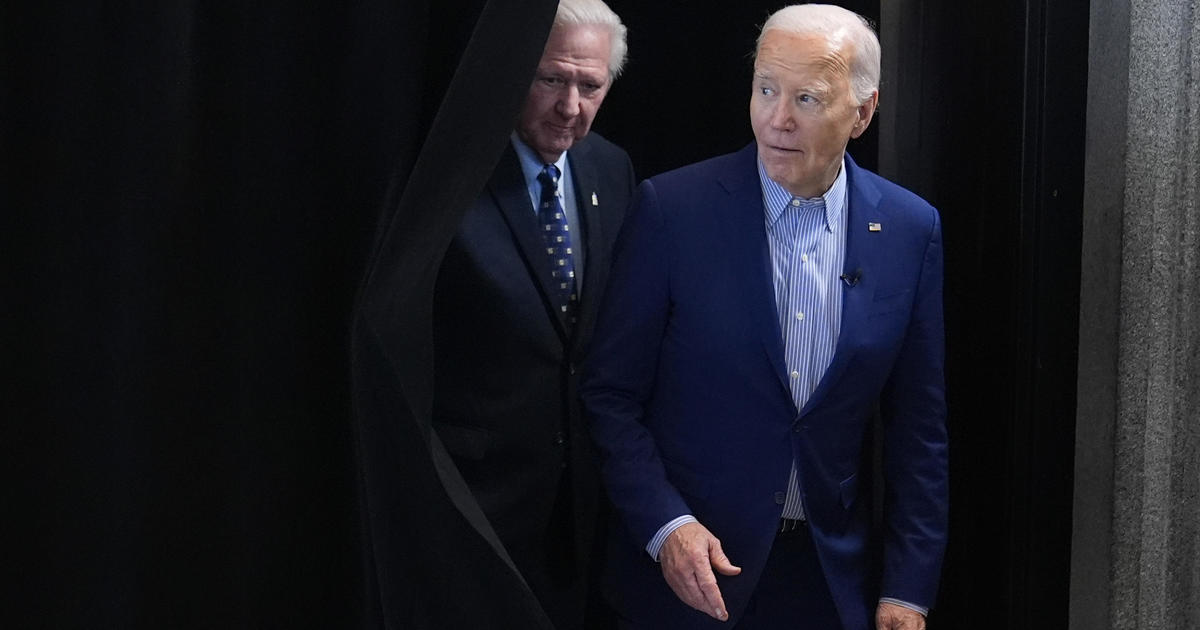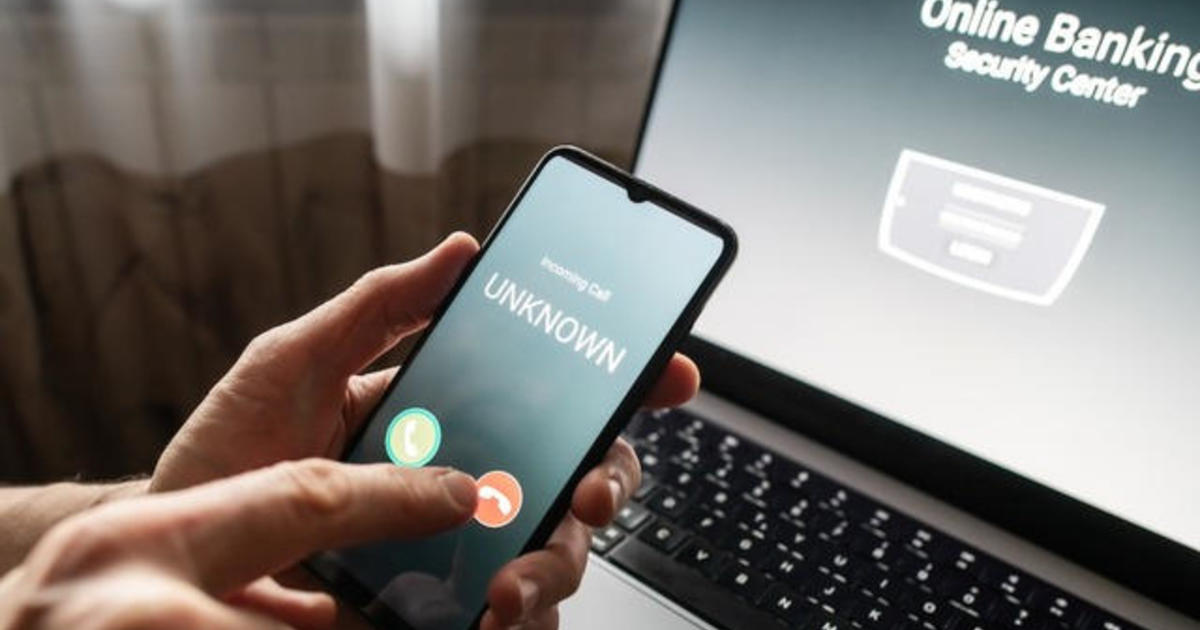Biden: Americans who fear COVID-19 at work are entitled to jobless benefits
President Joe Biden is calling on the Department of Labor to make this clear: Workers are entitled to refuse employment that jeopardizes their health, without sacrificing unemployment benefits.
The issue is one that's played out differently state-by-state, with millions of Americans facing the choice of toiling at the front lines of a deadly pandemic or losing their ability to put food on the table.
Among a slew of executive orders signed by Mr. Biden during his first 48 hours in office, the president on Friday directed the Labor Department to clarify that "workers have a federally guaranteed right to refuse employment that will jeopardize their health and if they do so, they will still qualify for unemployment insurance."
In unveiling the order, the White House cited a 2019 Gallup poll in which 43% of American households reported having at least one member with pre-existing conditions that leave them more vulnerable to serious illness or death should they contract COVID-19. "President Biden believes that workers should have the right to safe work environments and that no one should have to choose between their livelihoods and their own or their families' health," the White House stated.
Many of the workers impacted are among the lowest paid, including those employed in nursing homes, meat-processing plants and grocery stores, for whom going to work during a pandemic can be a frightening experience few signed up for. As Michelle Gonzalez, a nurse in the intensive care unit at New York City's Montefiore Medical Center in the Bronx, told CBS MoneyWatch in late March: "I have family members at home who are elderly, so it's putting my family at risk."
Rather than set a national standard, the Trump administration left it up to states to interpret the rules, according to Andrew Stettner, an unemployment expert and senior fellow at the Century Foundation, a think tank in New York City.
In Iowa, for example, the rules were quickly determined in favor of companies in need of labor. "If you're an employer and you offer to bring your employee back to work and they decide not to, that's a voluntary quit," Iowa Governor Kim Reynolds, a Republican, declared in April. "Therefore, they would not be eligible for the unemployment money."
Safety fears end in heartbreak
The limited options have played out in heartbreaking ways, with one daughter speaking out after her father's death from COVID-19 barely a month after he returned to his job as a security guard in Chandler, Arizona. "My dad called me on May 16 fearing for his safety," Lina Washington tweeted in mid June. "He said no one was social distancing and few wore masks."
Her 68-year-old father, Robert Washington, had diabetes and was recovering from prostate cancer — conditions that made him vulnerable to infection. But he opted to return when the casino that employed him reopened, as he needed the health benefits and a paycheck to cover the cost of insulin, rent and life insurance, she said. Her father's other options were to take an unpaid furlough or quit.
"It's a huge issue" impacting hundreds of thousands of workers, Stettner said. Since the second quarter of 2020, about 500,000 requests for unemployment benefits were denied by states, but it's not clear how many of the cases were related to COVID-19, he said.
"The issue that this executive order is trained on is the upwards of 40 million people who went onto unemployment benefits after the pandemic," Stettner said. The usual rule that you have to be searching for work in order to receive unemployment aid had basically been suspended, as it was not a safe time to be working, particularly if you'd been employed in a high-risk job, he explained.
Emergency standard never set by DOL
Every state requires basic health and safety as a condition of employment, but Centers for Disease Control guidelines about work conditions during the pandemic were issued and then rescinded, and the Labor Department never put out an emergency standard dealing with COVID-19, Stettner recalled.
"Then people started being called back to work, or offered jobs, so there was no guidance on this question. It was truly left to the states to determine what that means," Stettner said. Now, he added: "the president is saying, 'we need to figure out a policy on this'."
Biden's order comes a day after another order directing the Labor Department to revise worker health and safety guidance within two weeks.



